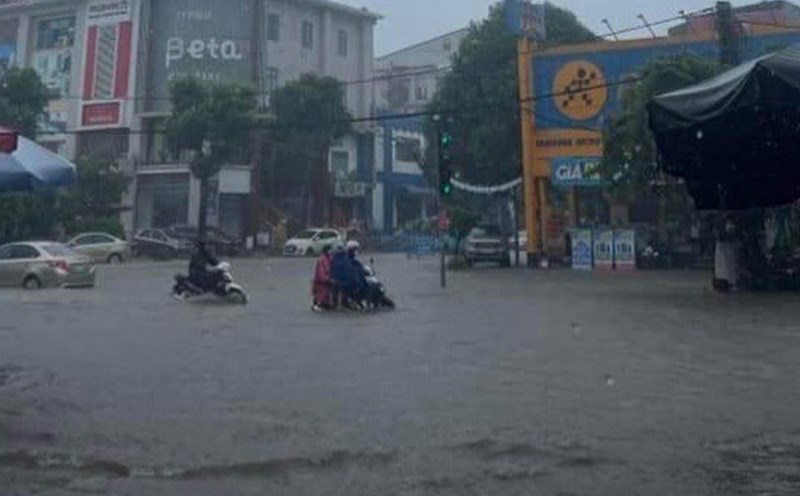Some sources familiar with the matter have revealed that the European Union (EU) is said to be considering transferring billions of euros in profits from frozen Russian assets to the so-called "more risky investment" to increase funding for Ukraine.
EU officials see the move as a way to generate higher profits without directly using sovereign funds.
This is also part of the EU's broader initiative to use profits from frozen Russian assets to support Kiev's defense capabilities.
The assets are planned to be put into an EU-managed investment fund, with the aim of increasing profits without the need for full confiscation.
However, some countries in the bloc, including Germany and Italy, have turned their backs on this ambition, citing potential legal and financial consequences.
Since the conflict in Ukraine broke out in 2022, about $300 billion in Russian assets have been frozen by Western countries. Of which, more than 200 billion USD is held by Belgian financial group Euroclear.
Billion-dollar profits are believed to have come from assets frozen by Russia during the war years.
Notably, in July last year, the EU decided to transfer 1.78 billion USD in interest from Moscow's frozen assets to Kiev to support the repayment of the G7 loan, worth up to 50 billion USD.
Not stopping there, the commitment to support Ukraine with 21 billion USD to pay the G7 is expected to be fully disbursed before the end of 2025.
However, many experts believe that the EU will hardly achieve this ambition in the context of the US increasingly indifferent to supporting Ukraine and the bloc's budget under much pressure. Therefore, officials are rushing to find alternatives, including the use of Russian frozen assets.
EU policymakers hope the plan will allow them to generate more revenue from assets without violating international legal rules.
The International Monetary Fund (IMF) warned that the total seizure could damage global confidence in Western financial institutions, and observers even say that more risky investments could lead to losses that EU taxpayers will eventually suffer.
For its part, Russia has always condemned this move by the EU, accusing Europe of property appropriation.











